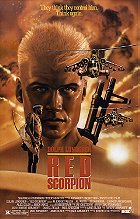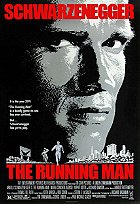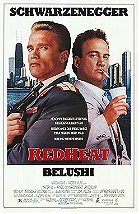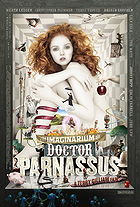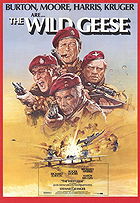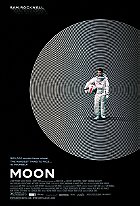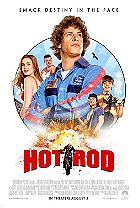Jack Caine: "But you go in pieces, asshole."
Not to be confused with the Jessica Alba-starring television show of the same name, Dark Angel is a solid fast-paced actioner with an emphasis on science fiction. Given that this is an extremely derivative buddy cop sci-fi film featuring elements of everything from The Hidden to Lethal Weapon, and boasts wooden muscleman Dolph Lundgren as the primary acting talent, this movie is not as bad as it had every right to be. The script is gloriously campy and the film has an eagerness to be an unashamedly ridiculous affair, which promotes Dark Angel by several notches. Not to mention it's also refreshing to stumble upon a sci-fi movie so lacking in pretension and so deeply committed to doing one thing: being downright entertaining.
Lundgren plays dedicated maverick police detective Jack Caine. An intimidating alien drug dealer (Hues) travels to Earth with the intention of forcibly extracting the endorphins from human brains because it's a highly prized and valuable drug on his home planet. Needless to say, it's up to Jack to stop this fucker. During his investigation (so to speak) he receives both assistance and hindrances from strictly by-the-book FBI Agent Harwood Smith (Benben).
If a rapid pace complementing stylish visuals, glorious explosions, fun car chases, groovy kills, several shootouts and a few mano-a-mano fights are to your liking, you're in for a fun time with Dark Angel. If that isn't enough for you, there's also some nifty gadgetry thrown in for good measure (the alien carries a badass, incredibly powerful handgun, and there's another alien weapon which shoots CDs!). If you're a cynical movie-watcher seeking brilliant drama, go watch Gone with the Wind - you have absolutely no business experiencing this fun ride. If it's a violent shoot-'em-up cheese sandwich you're craving, however, then look no further - this is the right Deli. Former stuntman and stunt co-ordinator Craig R. Baxley (who made his directorial debut with 1988's Action Jackson) has crafted a lively, full-steam-ahead action film packed with enough stimulating set-pieces and explosions to appease action enthusiasts. Screenwriters Jonathan Tydor and Leonard Maas Jr. also pack the gimmicky premise with enough tongue-in-cheek humour to indicate that the filmmakers never intended for this film to be taken seriously. Another thing - Dark Angel is blessed with witty one-liners that would make Arnold Schwarzenegger proud.
And what of Dolph Lundgren, asks yee? The well-built Swedish tank (who first made an impression in Hollywood when he starred in Sylvester Stallone's Rocky IV) has repeatedly proven that he is a dreadful thespian, but (similar to other action heroes) he's still a watchable and endearing protagonist. Co-starring alongside Lundgren is Brian Benben as the whiney FBI agent. It's a great partnership; one which, in the vein of all classic team-ups, starts off hostile and despondent, but soon develops into a strong camaraderie (the type we'd expect from Danny Glover and Mel Gibson). These characters are coupled with Betsy Brantley as the token female, and Matthias Hues as the central villain. Interestingly, Hues had to perform all of his own stunts because no stunt doubles could match his monstrous size.
Dark Angel (which was annoyingly retitled I Come in Peace in the United States, presumably to avoid confusion with the TV series) proudly stands alongside Commando and The Punisher '89 as a genuinely awesome piece of enjoyable action film cheese. It's the hilarious zenith for movies in which big humanlike aliens visit Earth, and pissed off rogues must put an end to the alien's massacring ways. Not a lot can be said in the film's defence as a serious movie since it's incredibly simplistic, utterly predictable and clichéd, but it can easily be defended as a completely unpretentious, all-in-good-fun guilty pleasure.
6.8/10
 Login
Login
 Home
Home 183 Lists
183 Lists 1670 Reviews
1670 Reviews Collections
Collections
 0 comments,
0 comments, 